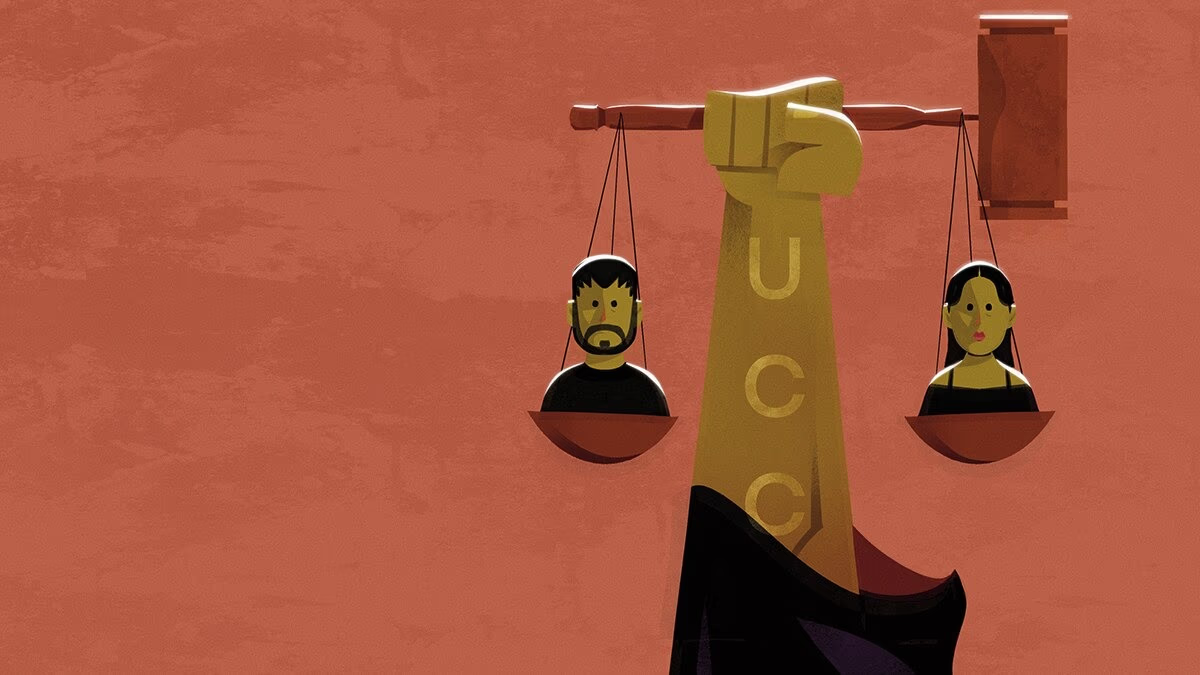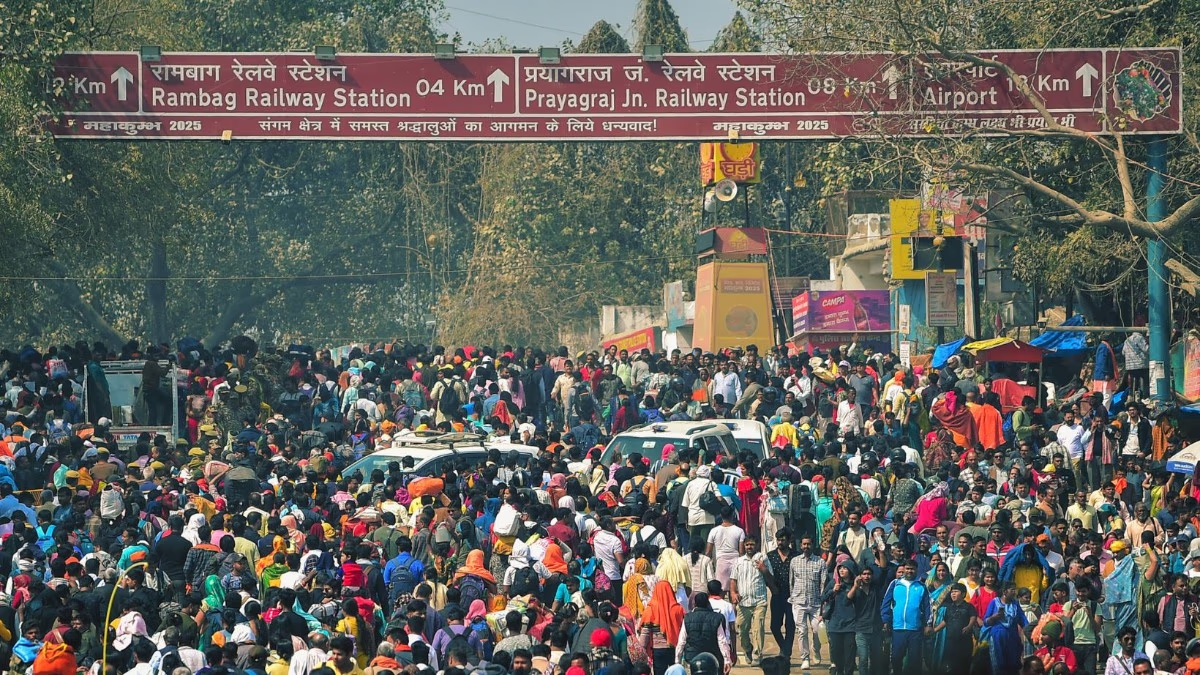With the implementation of the Uniform Civil Code (UCC) in Uttarakhand, people affected by it have found significant relief. The Uttarakhand High Court declared that if someone faces action under the UCC, they can seek legal recourse. This decision was delivered during hearings that questioned the validity of the UCC. The High Court's division bench maintained that individuals adversely affected can approach the court.
Chief Justice G. Narender, addressing Senior Advocate Kapil Sibal, emphasized that individuals facing punitive measures under the UCC will be provided a full opportunity to defend themselves in court. Simultaneously, the Uttarakhand government warned of taking stringent measures against false complaints, asserting the implementation of stringent measures to curb UCC misuse.
Warning, Then Penalty
The government, under Chapter 6, Rule 20 (subsection 02) of the UCC rules, has provisions to impose fines on those filing false complaints. Initially, a warning will be issued for a false complaint. A fine of 5,000 rupees will be imposed on a second complaint, and a third violation will attract a fine of 10,000 rupees.
If the fine is not paid online within the stipulated 45 days, it will be collected through the Tehsil officer. The government explains that this measure aims to shield against false complaints and keep the UCC free of disputes.
Uttarakhand: The First State To Implement UCC
On January 27, 2025, Uttarakhand became the first state in independent India to implement the Uniform Civil Code. Under the UCC, marriage, divorce, and property laws will be uniform across all religions. Some provisions have sparked debate, particularly the compulsory registration of live-in relationships. Critics argue it could infringe on personal privacy rights. However, Chief Minister Pushkar Singh Dhami defended the move, asserting it will help prevent incidents like the Shraddha Walker murder case.




